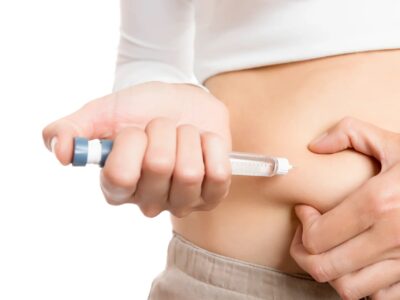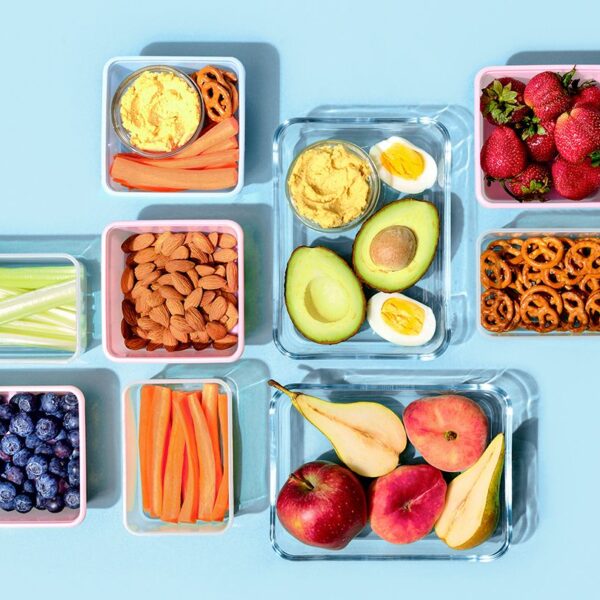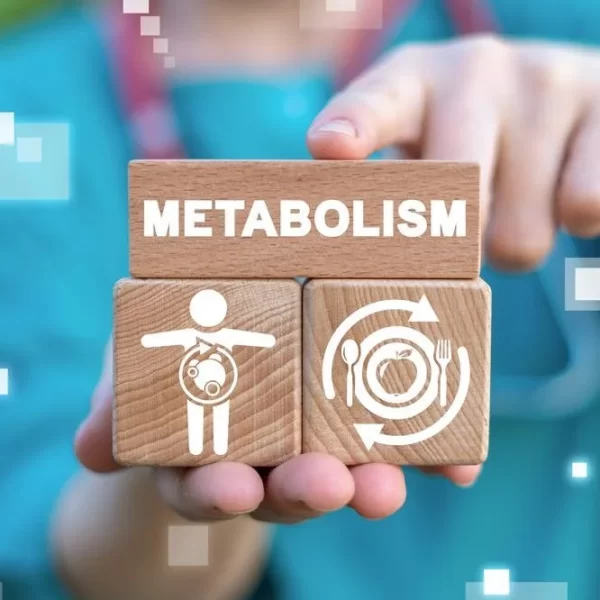
If you’re ready to say goodbye to unwanted weight, protein can be your powerful ally! There’s a lot of information about protein and weight loss, but it can be overwhelming for you to find the information that you actually need. Let’s break down the key things you need to know about how high-protein diet products can support your weight loss journey in a healthy and satisfying way.
Why Protein Is Your Weight Loss Superpower?
Here’s the deal with protein:
Fights Cravings
Protein takes time to break down, keeping you feeling full and satisfied for hours after a meal. This helps you stay on track with healthy eating and say goodbye to mindless snacking.
Natural Metabolism Booster
Did you know your body takes a longer time to process protein compared to carbs or fats? This translates to a gentle boost for your metabolism – helping you burn more calories even while at rest.
Maintain Your Strength
Looking to lose fat, not muscle? Protein is your best friend. It helps you preserve lean muscle mass as you work towards your ideal weight, ensuring you look and feel your best.
Support a Healthy, Vibrant Body
Protein is a powerhouse nutrient—it’s essential for rebuilding tissues after a workout, boosting the immune system, and keeping the body running smoothly.
How Much Protein Do You Need?
The general recommendation for weight loss is around 1 – 1.2 grams of protein per kilogram of body weight. So, if you weigh 150 lbs (68 kg), you would aim for 68-81 grams of protein per day. However, factors like your activity level and individual needs might mean you need a bit more. It’s always smart to speak to a dietitian to tailor this perfectly for you.
Best High-Protein Food Choices
Forget the notion that healthy eating means boring meals. A high-protein diet offers a fantastic array of tasty and satisfying foods to nourish your body. Here’s a closer look:
- Lean Meats: Indulge in the savory flavors of chicken breast, turkey, and lean cuts of beef and pork. These protein-rich choices provide the building blocks for muscle growth and repair the tissues without excess fat. These products can work as diet bars for the weight loss journey.
- Fish & Seafood: Dive into the delicious options of salmon, tuna, cod, and shrimp. Not only do they deliver a potent dose of protein, but they’re also brimming with heart-healthy omega-3 fats, making them a powerhouse for your overall health.
- Eggs: Start your day right with the incredible edible egg! Affordable, easy to prepare in countless ways, and packed with protein, eggs are a breakfast superstar.
- Legumes: Power up with lentils, beans like kidney, black beans, and chickpeas. These protein-rich resources are also excellent sources of fiber, keeping you feeling full and satisfied for longer.
- Dairy Product: Incorporate low-fat or Greek yogurt, cottage cheese, and milk into your diet. These dairy delights offer a creamy way to boost your protein intake while providing essential calcium.
- Nuts & Seeds: Enjoy the satisfying crunch of almonds, cashews, chia seeds, and pumpkin seeds. They’re perfect for healthy snacking, and a sprinkle of salads or yogurt adds both flavor and a protein boost.
- Tofu & Tempeh: These vegetarian and vegan choices are fantastic sources of plant-based protein. Their versatility means endless culinary possibilities, from flavorful stir-fries to satisfying scrambles.
Smart Tips for Success
While protein is important for weight loss and muscle building, it’s equally crucial to integrate it into your diet in a smart and balanced way. Here’s how to optimize those benefits:
Spread Your Protein Throughout the Day: Instead of having one protein-heavy meal, try having smaller portions of protein with each meal and snack. This continuous supply will help keep hunger at bay and your body feeling fueled for longer.
Stay Hydrated: Drinking plenty of water is always important, especially when you’re eating more protein. Water helps in digestion, prevents constipation, and helps your body use the protein you consume effectively.
Don’t Forget the Carbs: Complex carbohydrates, found in whole grains, fruits, and vegetables, are essential for a healthy diet. They give you lasting energy, along with vitamins, minerals, and the fiber you need for good digestion.
Add in the Healthy Fats: Good fats, such as those found in avocados, olive oil, and nuts, offer a feeling of fullness and are necessary for many bodily functions. You must include these in moderation for a well-rounded diet.
Listen to Your Body’s Cues: Pay attention to how your body reacts to the increased protein intake. If you notice bloating, gas, or other digestive issues, it might be a sign to adjust the portions or types of protein you’re eating.
Enjoy the Process: Adopting a new eating pattern is most successful when you enjoy your food. You can explore a variety of protein options (fish, chicken, beans, tofu, etc.) and experiment with recipes until you find meals and snacks that both satisfy you and fit your taste preferences.
Important Considerations
Talk to Your Doctor: A high-protein diet is generally safe for most people, but it’s always wise to consult with your doctor before making significant dietary changes, especially if you have any existing health conditions.
Don’t Overdo It: More protein is not always better. Excessively high protein intake over an extended period can be taxing on your kidneys. Stick within the recommended range.
Protein is definitely one of the crucial nutrients that you should not miss, but you must rely on diet products that contain the right amount of protein that you need. It’s wise to have a meal plan and genuine product that fulfills your body’s need for protein. You can rely on brands like Doctors Weight Loss for that; visit their website to learn more.











